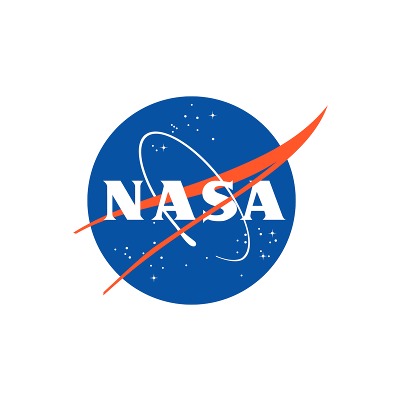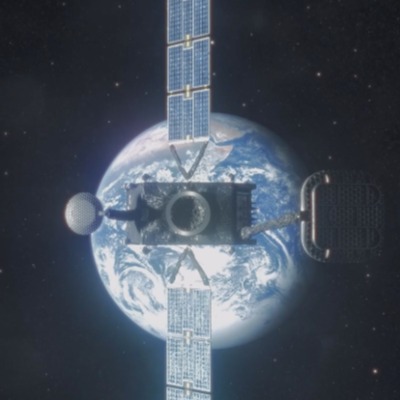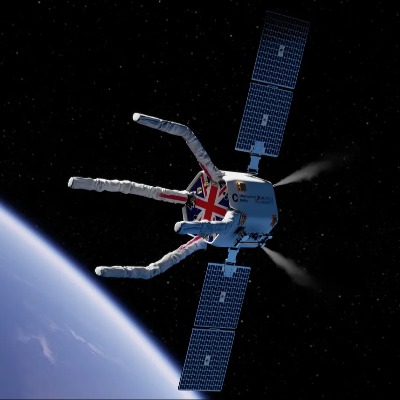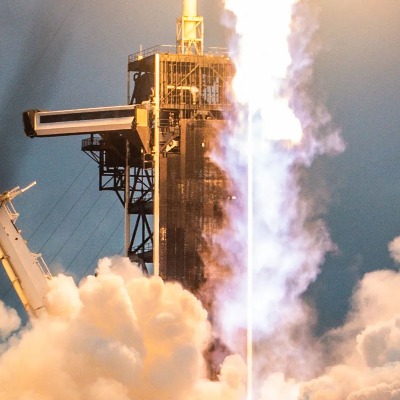Close Call Averted: Soyuz Rocket Suffers Abort On Launchpad, Delaying ISS Mission
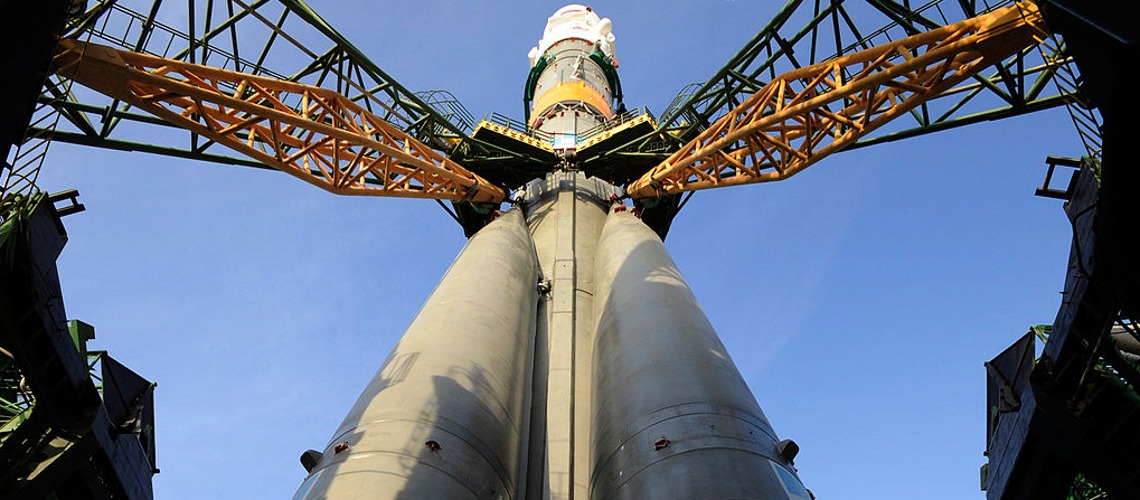
A dramatic scene unfolded at the Baikonur Cosmodrome in Kazakhstan today when a Russian Soyuz rocket carrying three astronauts bound for the International Space Station (ISS) experienced a rare last-minute abort on the launchpad. Thankfully, the emergency abort system functioned as designed, and the crew – NASA astronaut Tracy Dyson, Roscosmos cosmonaut Oleg Novitskiy, and Belarusian spaceflight participant Marina Vasilevskaya – are all reported safe.
"The reason has been identified, we just discovered at a meeting of the state commission that the reason was a voltage drop in the chemical current source," Roscosmos General Director Yuri Borisov said in a statement posted to the Russian space agency's Telegram account today.
"The Soyuz launch to the space station has been aborted," NASA spokesperson Rob Navias said during live commentary. "So, no visitors to the International Space Station today. The next opportunity to launch, pending resolution of what happened today, would be Saturday morning," he added.
"The vehicle is safe, all fueling operations have ceased," Navias said. "All safety commands have been provided onboard the rocket so there's no danger to the crew. They're perfectly safe."
Abort Occurs Seconds Before Liftoff:
The incident occurred just 21 seconds before the scheduled liftoff at 09:21 EDT (1321 GMT). According to Russian space agency Roscosmos, an automatic abort system triggered, separating the capsule from the Soyuz rocket and safely propelling it away from the launchpad. The capsule then descended by parachute to a designated landing zone on the Kazakh steppe, where recovery teams were already waiting.
Cause of Abort Under Investigation:
The cause of the abort remains under investigation. Roscosmos officials have stated that they are reviewing telemetry data to determine what triggered the automatic safety system. No injuries were reported among the crew, who are currently undergoing post-flight medical checks.
Impact on ISS Mission:
The aborted launch significantly delays the planned arrival of the three astronauts at the ISS. They were scheduled to join the current Expedition 71 crew, which includes astronauts and cosmonauts from the United States, Russia, Japan, and Europe. NASA and Roscosmos are now working together to determine the next steps and reschedule the launch for a later date.
Safety Systems Function as Designed:
While the aborted launch is a setback, it also highlights the effectiveness of the Soyuz spacecraft's emergency abort system. This system has a proven track record of protecting astronauts in the event of a launch malfunction.
Uncertainties Remain:
The incident raises questions about the near-term future of crewed missions to the ISS. The investigation into the cause of the abort will be crucial in determining how quickly normal operations can resume.
Looking Ahead:
Despite the delay, both NASA and Roscosmos have emphasized their continued commitment to the ISS program and international cooperation in space exploration. The successful operation of the Soyuz emergency abort system serves as a reminder of the priority placed on crew safety in space missions. In the coming days, space officials will work together to determine the cause of the abort, address any necessary technical issues, and reschedule the launch of the Soyuz MS-25 mission.

